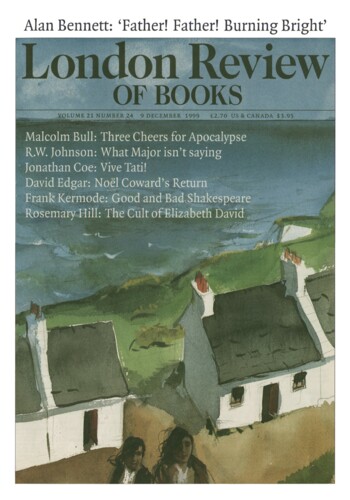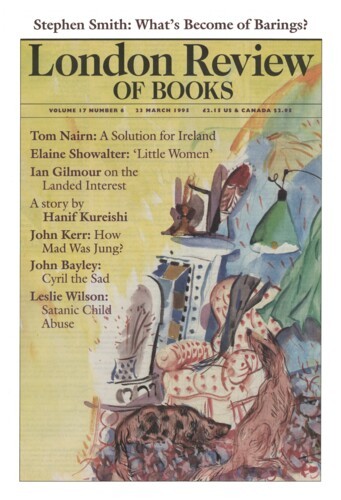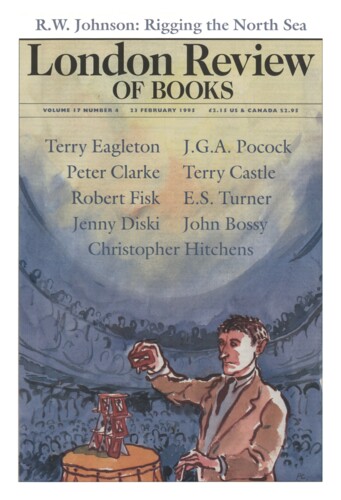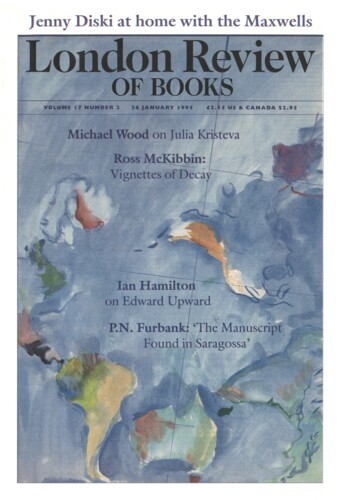Hate is the new love: Slavoj Žižek
Malcolm Bull, 25 January 2001
Get into the car sometime and drive out of town. Once you have got past the suburbs, and the industrial estates, and the home-made signs (‘Buy British’, ‘Our Beef With Blair’) that mark the transition, you will find yourself in another England, barely inhabited, tranquil, timeless. It is easy to see yourself in this world; its unruffled surface seems to reflect a...





